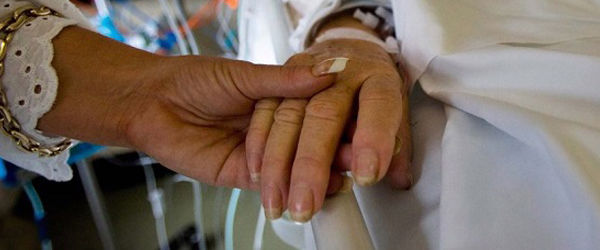The second chapter in the Gospel of John describes the wedding feast at Cana, a challenging and complex narrative that follows John’s first chapter that deals with Jesus’ selection of his first disciples. The familiar story is repeated each year on the second Sunday in Ordinary Time, but the Gospel reading is not ordinary. It is challenging and prophetic.Several clues alert us to what will prevail in the future. Consider these: “The mother of Jesus was there” and “Jesus and his disciples were also invited.” There is no mention of the couple, but obviously there is a connection, or why else were they invited? Mary notices that the wine has run short, a breach of etiquette for the bridegroom, and tells her son that “they have no wine.” Jesus replies to her statement with a piercing question, “Woman, how does your concern affect me?”Only twice in Scripture does Jesus use the term “woman,” and in this instance it conveys both a challenge and the realization of what his commitment could bring in the future. Biblical scholars agree that it is Mary who takes the initiative and sparks the beginning of his public mission, although Jesus says, “My hour has not yet come.”Scripture then records the last known words Mary will speak: “Do whatever he tells you.” Just as she accepted the words of the Angel Gabriel, Mary again accepts her role as Mother of the Saviour; she is a powerful intercessor. She is the model of obedience and love and she knows no other words are necessary. So Jesus tells the servers to fill the six stone jars with water that were there for Jewish ceremonial washing. It is interesting to note that there is no prayer, nor does Jesus touch the water; He only instructs the servers to “draw some out and take it to the headwaiter.” The rest of the story, as they say, is history, but for Jesus it was the beginning that “revealed his glory, and his disciples began to believe in him.”Mary’s trust and love thrust her son into his life of teaching, ministry, suffering, death and resurrection. She is our model and refuge when challenged by moments of despair and sorrow, so we can rely on her intercession with her son to find peace. Turning the water into wine was not a physical event but an act of will, that only God could create or change. But Mary knew her son. And she knew that where there is great love, there are always miracles. {gallery width=100 height=100}gallery/2013/0118/liturgy/{/gallery}

